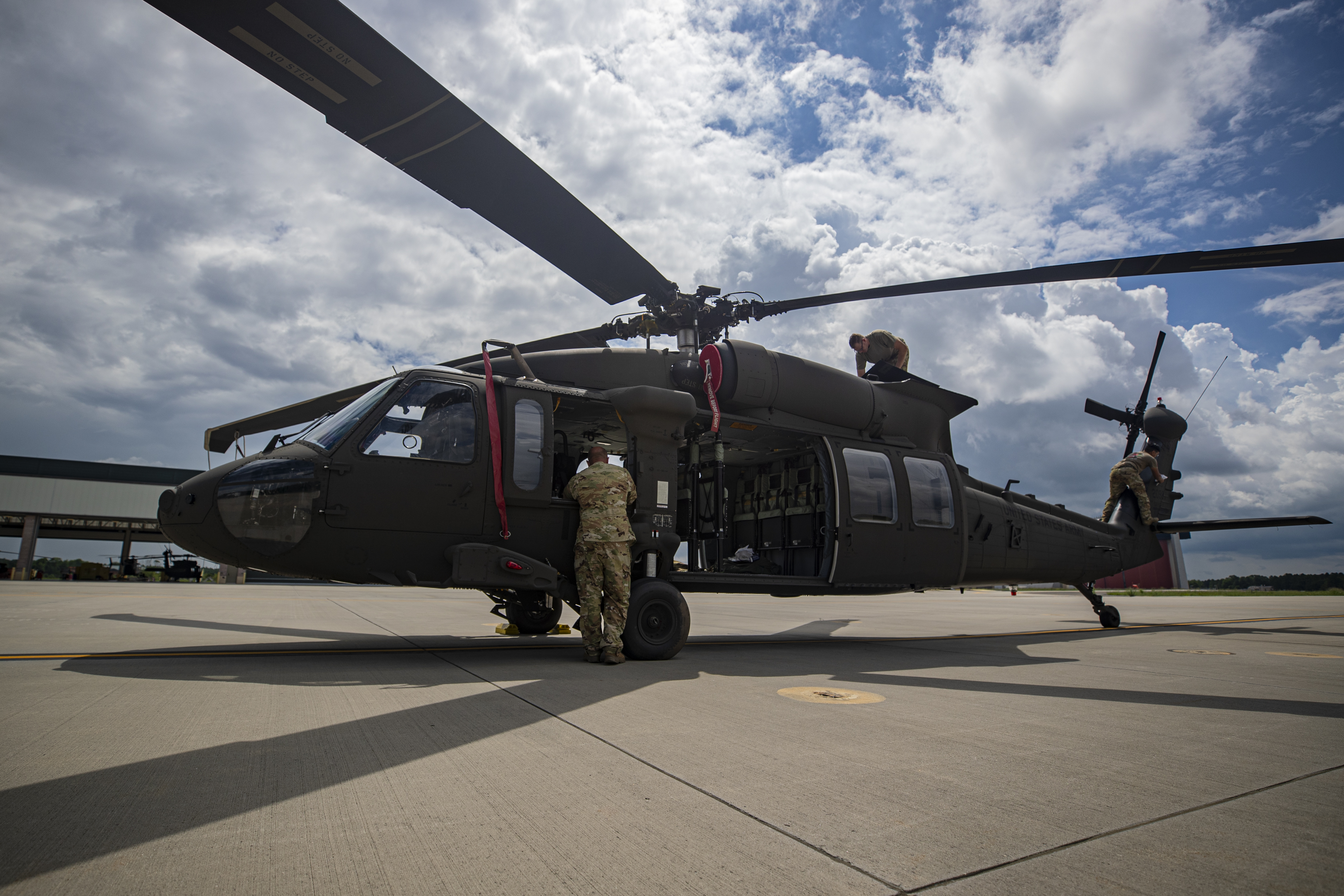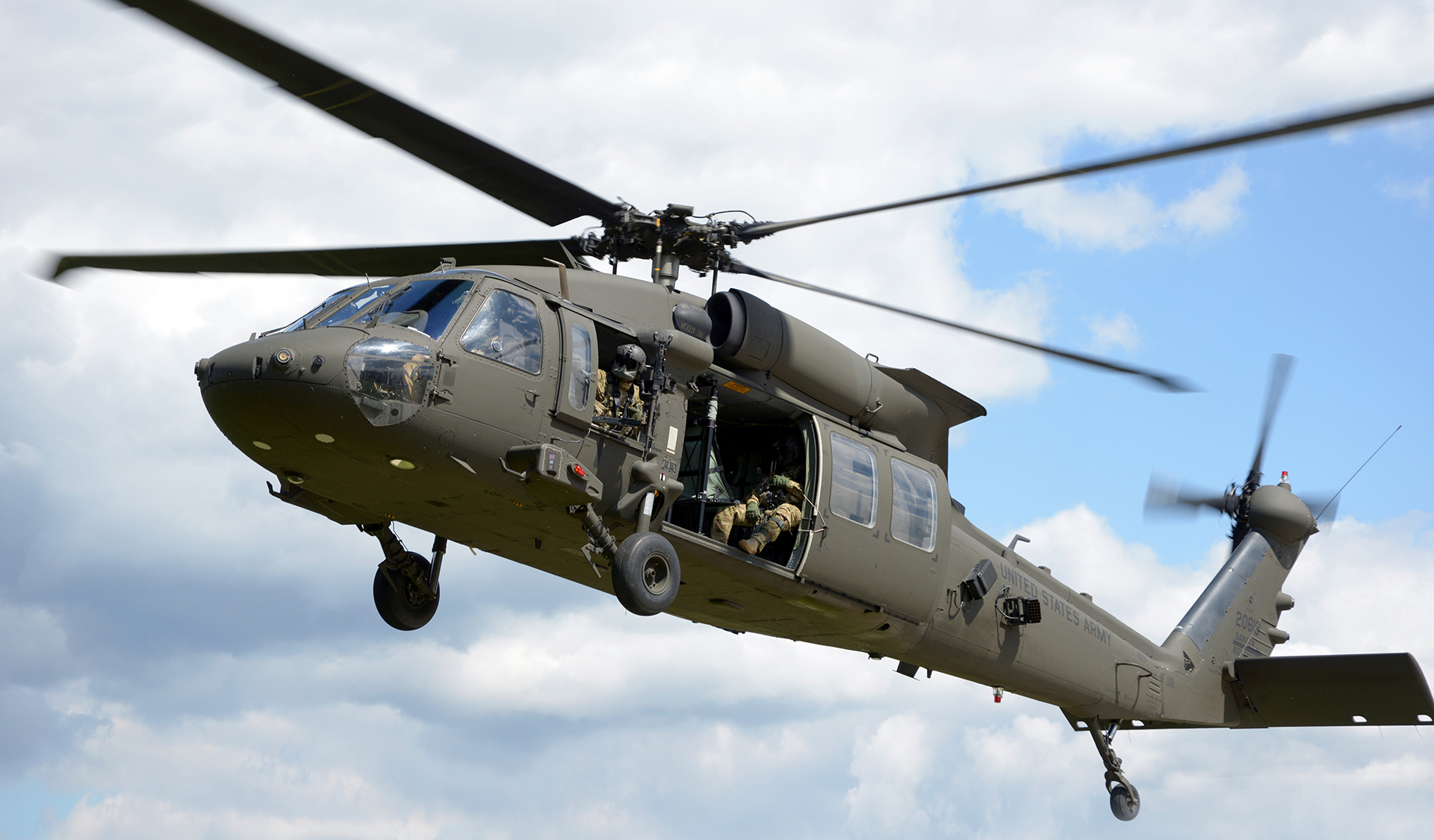UH 60 Black Hawk Helicopter Variations and Their Usages
UH 60 Black Hawk Helicopter Variations and Their Usages
Blog Article
The Effect of Lasting Practices on the Future of Airplane Workflow and Emissions Reduction
As the air travel sector faces raising examination over its ecological impact, the fostering of sustainable practices becomes a vital pathway toward future aircraft procedures and emissions reduction. Technologies in sustainable aeronautics gas and innovations in hybrid propulsion technologies stand at the forefront of this transformation, appealing considerable decreases in greenhouse gas exhausts. The effective combination of these efforts pivots on a selection of aspects, including governing structures and industry partnership. The inquiry stays: exactly how will these developing practices improve the characteristics of flight and contribute to an extra sustainable future?

Review of Lasting Practices
Lasting practices in airplane procedures include a range of methods focused on reducing ecological influence while preserving functional efficiency. These techniques are important in the aviation industry's commitment to reducing its carbon impact and adhering to worldwide ecological criteria. Trick campaigns consist of maximizing trip courses to reduce fuel intake, enhancing upkeep protocols to ensure airplane run at peak performance, and applying innovative innovations such as winglets and light-weight products that enhance aerodynamics.

Training and involving personnel on sustainability methods also play a vital function, fostering a culture of ecological obligation within organizations. On the whole, the integration of these lasting practices not just helps in reducing discharges however likewise enhances the long-lasting viability of the air travel industry, guaranteeing it satisfies the needs of both customers and regulatory bodies while adding to worldwide sustainability objectives.
Cutting-edge Fuel Alternatives
Numerous ingenious fuel options are becoming pivotal solutions to lower the aeronautics market's dependence on typical fossil gas. Among these options, Lasting Aeronautics Fuels (SAFs) have actually gotten significant attention because of their possible to lower lifecycle greenhouse gas discharges by up to 80% contrasted to traditional jet gas. SAFs are originated from different feedstocks, consisting of waste oils, farming residues, and also algae, making them a functional choice for the market.
An additional promising choice is hydrogen gas, which, when used in gas cells, produces only water vapor as a by-product. Furthermore, electric propulsion systems are being explored, leveraging battery modern technology to power aircraft.
Finally, biofuels stemmed from biomass are being checked out, supplying a renewable choice that can be mixed with standard fuels. Jointly, these innovative fuel alternatives stand for a vital action toward accomplishing a lasting air travel ecosystem, lining up with global emissions reduction targets and improving the market's environmental stewardship.
Technical Advancements in Aviation

Just how can technical developments reshape the future of air travel? Developments such as hybrid and electric propulsion systems are at the forefront, encouraging substantial decreases in gas usage and greenhouse gas emissions.
Furthermore, the implementation of advanced products, such as light-weight compounds, contributes to improved the rules of aerodynamics and gas performance. Using expert system and artificial intelligence in flight operations enhances route preparation and reduces fuel shed by weblink enabling real-time changes based on weather and website traffic conditions. Furthermore, the advancement of autonomous and from another location piloted aircraft systems stands to change freight and passenger transportation, potentially boosting effectiveness while reducing human mistake.
Furthermore, sustainable aeronautics technologies, consisting of innovative air website traffic monitoring systems, can simplify operations and reduce congestion, resulting in lower exhausts throughout trip. These improvements collectively represent a paradigm shift in aviation, promising a future where sustainability and functional performance are intertwined, consequently sustaining the market's dedication to lowering its ecological influence.

Governing Structure and Conformity
In light of the expanding emphasis on ecological stewardship within the aviation field, the regulative framework controling aircraft operations is developing to promote sustainable practices. Regulative bodies, such as the International Civil Aviation Organization (ICAO) and various nationwide aviation authorities, are introducing strict standards targeted at minimizing exhausts and improving functional effectiveness.
These guidelines typically consist of the fostering of Sustainable Air travel Gas (SAF), which has actually been recognized as a vital element in achieving reduced carbon footprints. Additionally, conformity with these policies requires airlines to execute functional methods and advanced innovations, such as enhanced flight courses and improved air traffic monitoring, to decrease fuel intake.
Furthermore, the enforcement of discharges trading plans and carbon countering efforts is becoming progressively widespread, compelling airlines to keep track of and report their exhausts accurately. Non-compliance can cause significant penalties, hence pressing drivers to focus on sustainability in their organization models.
Inevitably, the evolving governing landscape not only drives development and financial investment in eco-friendly technologies but likewise fosters a culture of responsibility within the aviation market. As these frameworks proceed to create, the emphasis on lasting methods will certainly be indispensable to accomplishing the field's long-lasting environmental goals.
Future Patterns in Aircraft Operations
As the air travel industry adapts to a significantly strict regulative atmosphere, future trends in airplane operations are set to focus on ingenious services that further boost sustainability and performance use this link - uh 60. Secret growths will likely consist of the adoption of innovative air traffic administration systems, which make use of real-time information and artificial knowledge to optimize flight paths, decreasing gas consumption and exhausts
One more considerable fad is the enhanced integration of sustainable aviation fuels (SAFs) These options to standard jet gas, originated from sustainable resources, can dramatically reduce lifecycle greenhouse gas exhausts. The industry's commitment to SAFs will likely accelerate as airline companies team up with gas manufacturers to ensure availability and cost-effectiveness.
Furthermore, the press in the direction of electrification and crossbreed propulsion systems is getting momentum. Arising airplane styles will incorporate these innovations, offering quieter and extra reliable operations, particularly for short-haul trips.
Verdict
The adoption of sustainable aviation gas, combined with innovations in hybrid and electrical propulsion systems, is important for decreasing lifecycle greenhouse gas discharges. Optimizing flight paths and embracing cutting-edge technologies contribute to a quieter and much more environmentally friendly air travel market.
Technologies in sustainable aviation gas and advancements in hybrid propulsion innovations stand at the center of this improvement, appealing significant reductions in greenhouse gas exhausts.Countless cutting-edge gas choices are emerging as essential options to minimize the air travel sector's dependence on typical fossil gas - uh 60. Amongst these choices, Sustainable Aeronautics Gas (SAFs) have gained considerable interest due to their potential to decrease lifecycle greenhouse gas emissions by up to 80% contrasted to standard jet fuels.An additional significant pattern is the raised integration of lasting aviation gas (SAFs) The fostering of sustainable aviation gas, coupled with improvements in electric and hybrid propulsion systems, is necessary for reducing go to website lifecycle greenhouse gas emissions
Report this page